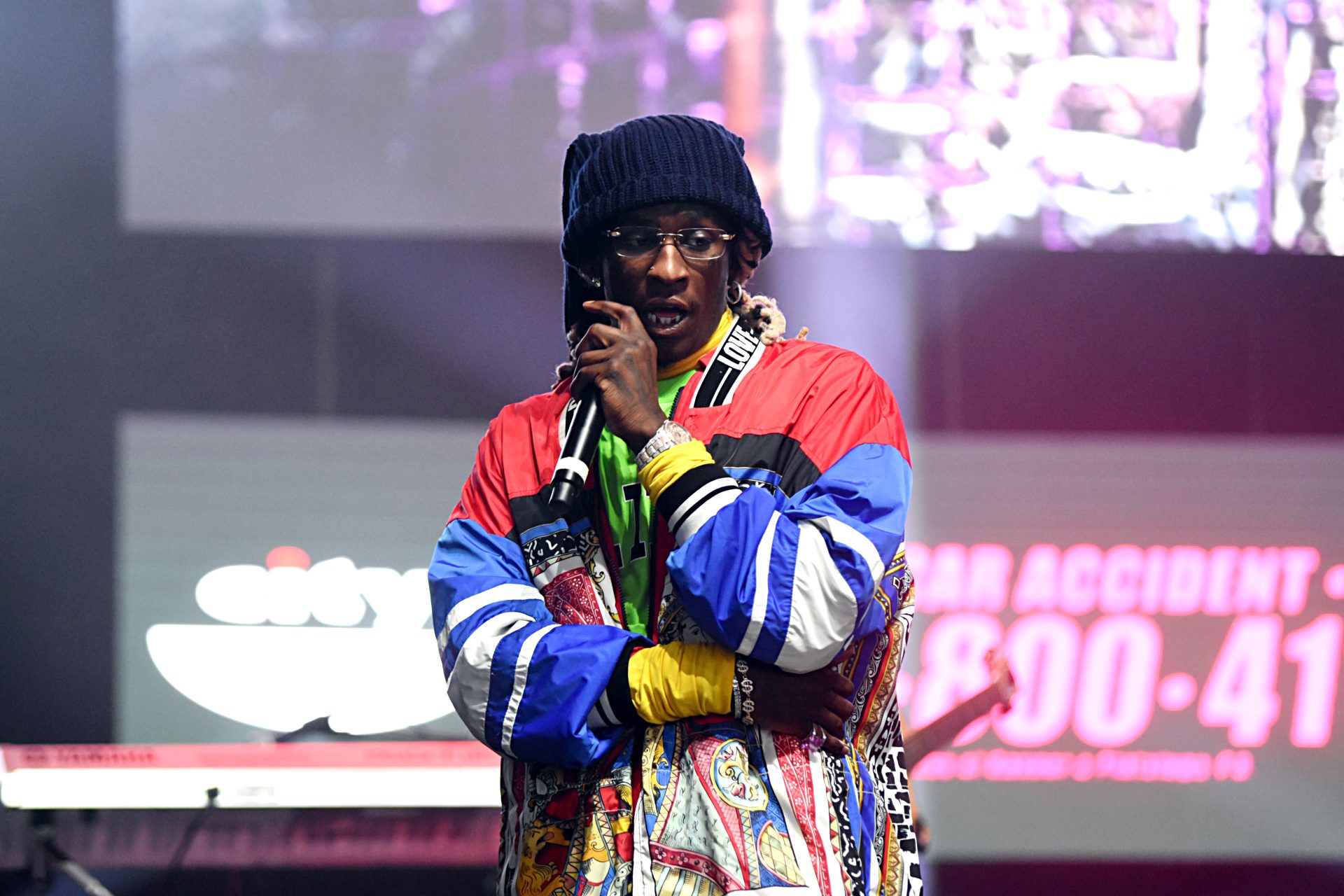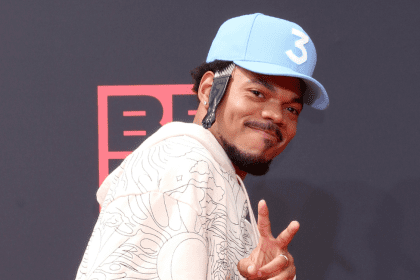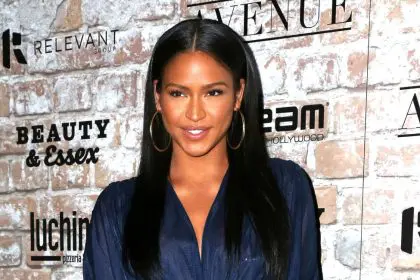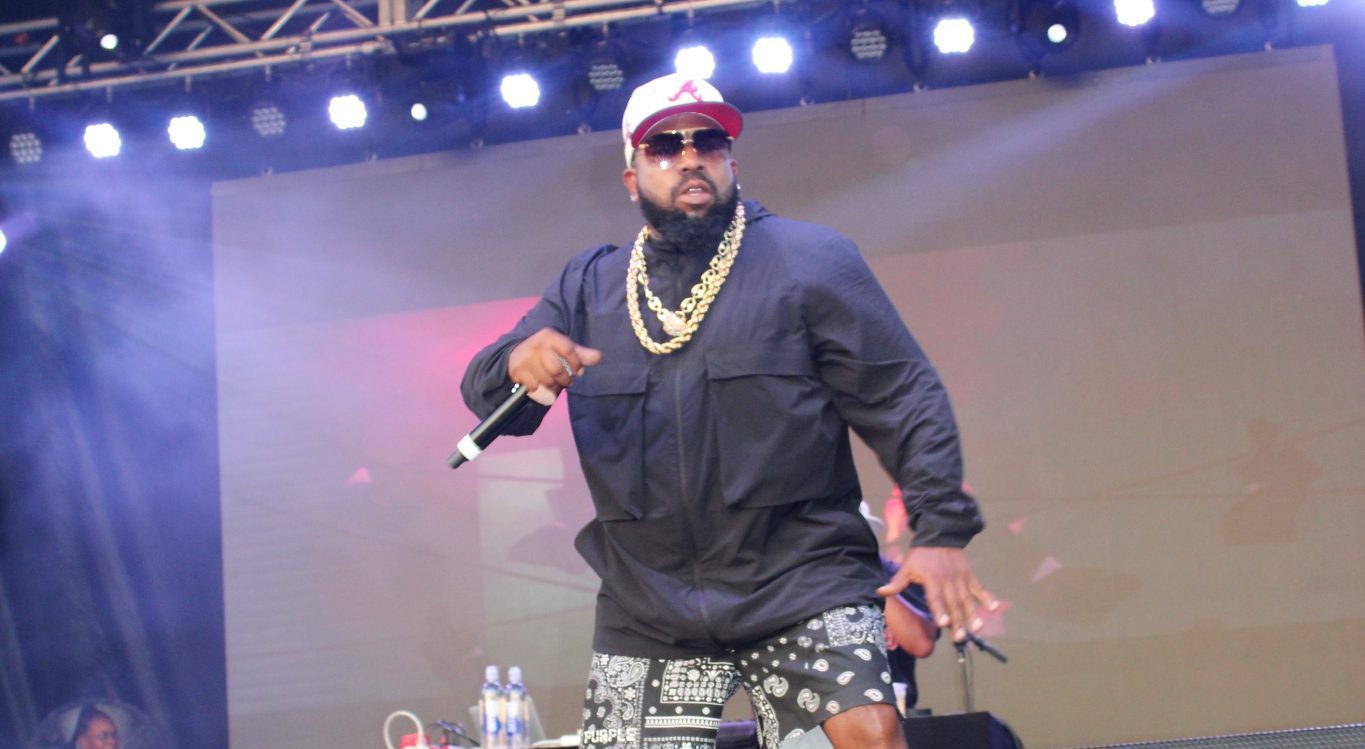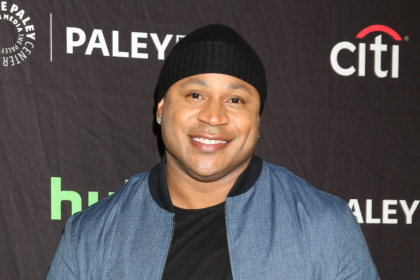The high-profile gang and racketeering trial of Jeffery Williams, known professionally as Young Thug, has resumed amid heightened tensions and complex legal maneuvers. The proceedings, which have captured national attention, represent a pivotal moment in the ongoing discourse about hip-hop culture’s relationship with the American justice system. This trial’s developments carry significant implications for both the music industry and broader conversations about social justice.
Complex negotiations unfold
The trial’s resumption brings renewed focus on potential plea negotiations between defense attorneys and the Fulton County District Attorney’s Office. Despite discussions with multiple defendants, Young Thug has reportedly declined plea offers, demonstrating the case’s complexity and the high stakes involved for all parties. This decision underscores the broader implications of the trial for both the defendant’s future and the hip-hop community’s relationship with law enforcement.
Judicial challenges emerge
Under Judge Paige Reese Whitaker’s supervision, the trial has faced significant procedural challenges. Recent developments, including an incident involving improperly redacted evidence, have raised concerns about the trial’s conduct and potential grounds for mistrial. These complications have highlighted the intricate nature of prosecuting cases involving high-profile artists while maintaining judicial integrity and ensuring fair proceedings for all parties involved.
Cultural implications surface
The trial’s progression has sparked intense discussion within the Black community and beyond, raising questions about the treatment of artists within the legal system. As a prominent figure in hip-hop culture, Young Thug’s case has become a focal point for examining broader societal issues regarding racial justice, artistic expression and law enforcement’s approach to the music industry. The outcome could potentially influence future cases involving artists and their creative communities.
Industry impact assessment
As the trial continues, its implications extend beyond the courtroom into the broader music industry. The proceedings have prompted serious discussions about the relationship between creative expression and legal scrutiny, particularly within hip-hop culture. Industry observers note that this case could set significant precedents for how the justice system approaches cases involving artists and their professional activities, potentially reshaping the landscape of music industry legal proceedings.

